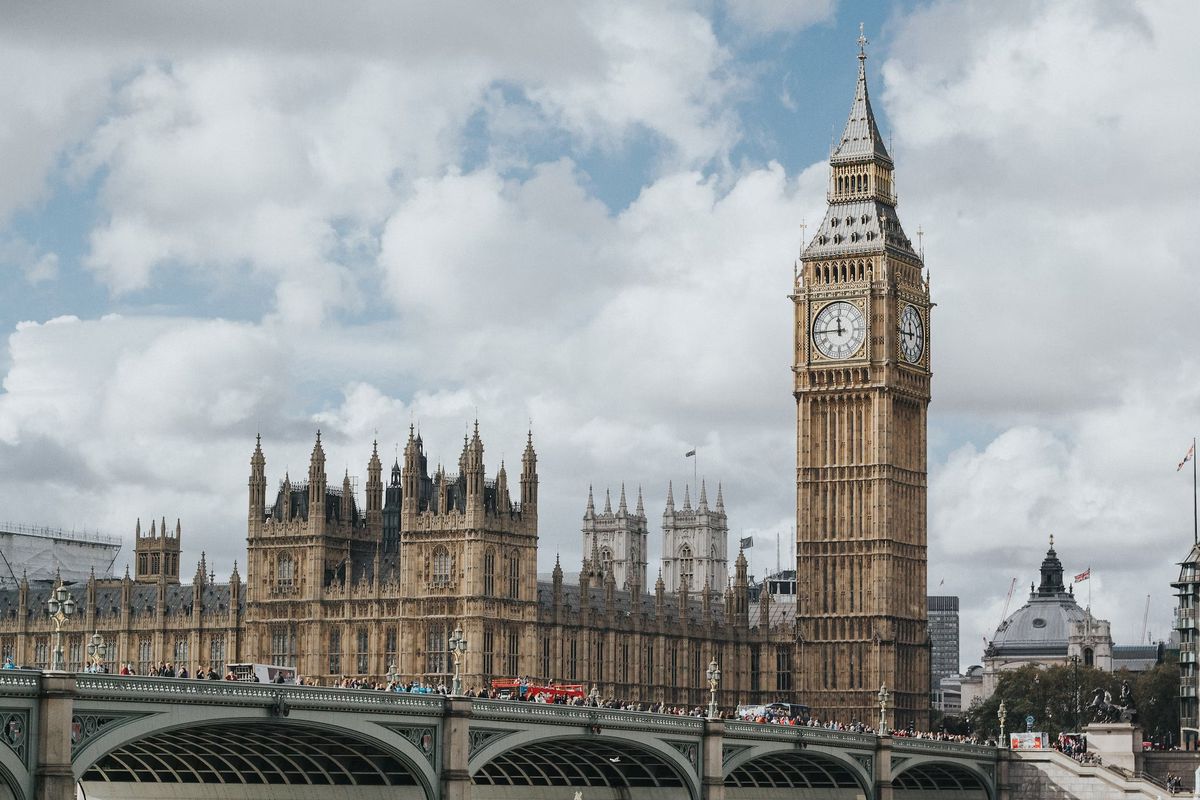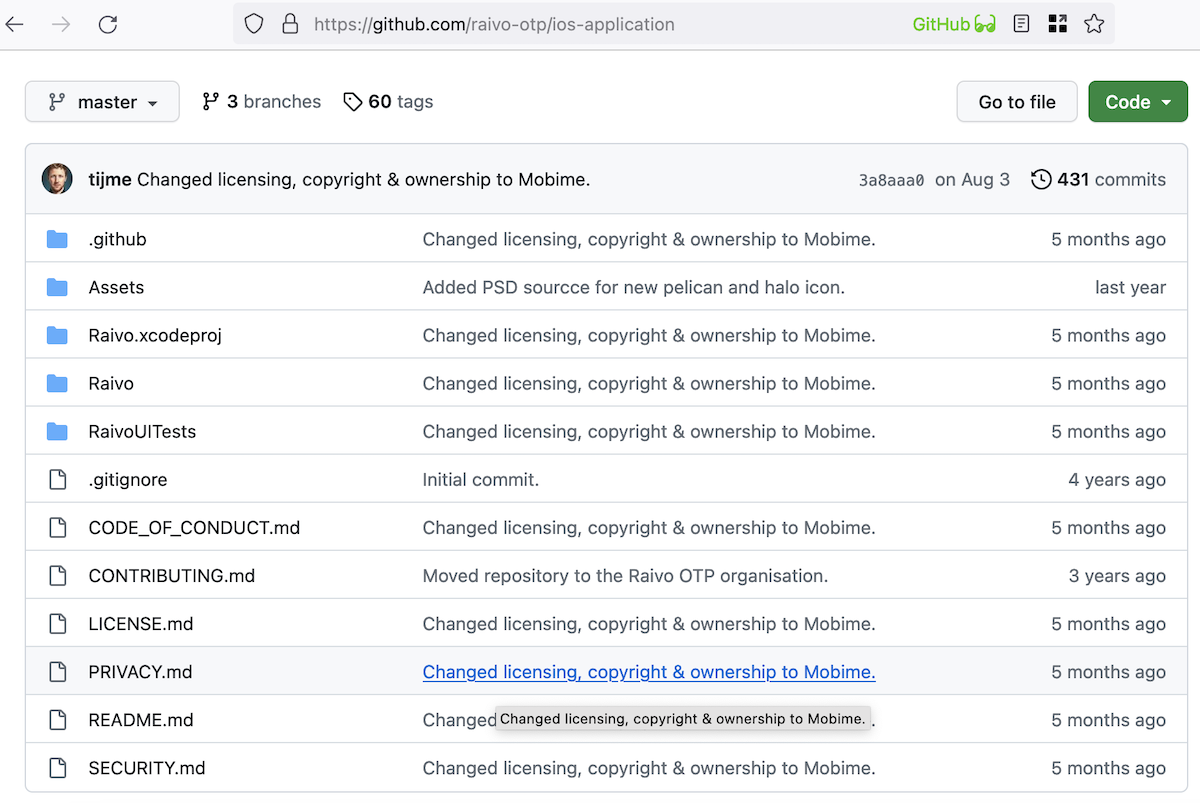WhatsApp at risk of disappearing from UK market

Ministers in the UK have been warned that the government is at risk of a potential confrontation with WhatsApp, which could result in the popular messaging app being banned in the country, The Guardian reported. The dispute revolves around the online safety bill, an extensive piece of legislation that is set to impact almost every aspect of online life in Britain.
The bill, which has been in the works for over four years and involved eight secretaries of state and five prime ministers in its drafting, is over 250 pages long and has a table of contents spanning 10 pages. Under the proposed bill, Ofcom will be granted the authority to require social networks to employ technology aimed at combating terrorism or child sexual abuse content.
Non-compliance could result in fines of up to 10% of the company's global turnover. The bill stipulates that companies must make a good faith effort to develop or source technology that can comply with the notice. With time running out for an amicable resolution, experts warn that the UK government may be on the verge of a critical decision regarding the future of WhatsApp in the country.
Messaging apps push back against UK legislation
Messaging apps that use "end-to-end encryption" (E2EE) to safeguard user data argue that it is not possible to access user messages without violating the promise of privacy they made to their users. Breaking this promise is a step they are unwilling to take, according to these companies.
“The bill provides no explicit protection for encryption and if implemented as written, could empower Ofcom to try to force the proactive scanning of private messages on end-to-end encrypted communication services, nullifying the purpose of end-to-end encryption as a result and compromising the privacy of all users,” said a team of companies, such as Signal and WhatsApp, in an open letter last month.
Several legislators have urged the UK government to take the concerns raised by the messaging app providers seriously. Speaking to the House of Lords last week, Claire Fox warned that if the government continues to pressure these platforms to scan communications, it could lead to popular services like WhatsApp potentially leaving the UK. Fox emphasized that this is not an idle threat or a decision made out of frustration, as these services are global platforms that operate in multiple countries. It is imperative to consider the consequences of any actions that could impact these services, she added.

“They have a system that works for billions of people all around the world. A relatively small market such as the UK is not something for which they would compromise their billions of users around the world.”
“We support strong encryption, but this cannot come at the cost of public safety. Tech companies have a moral duty to ensure they are not blinding themselves and law enforcement to the unprecedented levels of child sexual abuse on their platforms. The online safety bill in no way represents a ban on end-to-end encryption, nor will it require services to weaken encryption,” a Home Office spokesperson stated.
“Where it is the only effective, proportionate and necessary action available, Ofcom will be able to direct platforms to use accredited technology, or make best endeavours to develop new technology, to accurately identify child sexual abuse content, so it can be taken down and the despicable predators brought to justice.”
Richard Allan, the former head of policy at Meta (previously known as Facebook) and current Liberal Democrat peer, has characterized the UK government's approach towards the messaging app providers as one of "intentional ambiguity."
“They are careful to say that they have no intention of banning end-to-end encryption … but at the same time refuse to confirm that they could not do so under the new powers in the bill. This creates a high-stakes game of chicken, where the government think companies will give them more if they hold the threat of drastic technical orders over them. The government’s hope is that companies will blink first in the game of chicken and give them what they want,” Allan stated.
According to Allan, there is another possible scenario where the UK government declares its intention to limit end-to-end encryption. While this could result in an orderly transition, with some services choosing to withdraw from the UK market rather than operate under those terms, it is also possible that there will be no significant withdrawals. However, he doubts that this would be the case, and it is uncertain what the outcome of such a scenario would be.

Meanwhile, backers of the online safety bill are not impressed with attempts to amend the bill to suit the interests of big tech. Damian Collins, the Conservative MP who chaired a Westminster committee responsible for scrutinizing the bill, stated that he did not support an amendment aimed at protecting end-to-end encryption.
“I don’t think you want to give companies subjective grounds for deciding whether or not they need to comply with the duties set out in the bill.”
Collins argues that the online safety bill does not attack encryption since it only requires messaging companies to share information that they have access to, which does not include message content. However, he contends that authorities should have the ability to access background data related to users, such as data on app usage, contacts, location, and names of user groups.
Additionally, Collins notes that if users access WhatsApp through a web browser, the service can also collect information about websites visited before and after sending messages.
The ongoing dispute between the UK government and messaging app providers, including WhatsApp and Signal, over the online safety bill continues to escalate. While companies have warned that the proposed legislation could compromise users' privacy, backers of the bill insist that it only seeks to access background data and does not attack encryption. With no clear resolution in sight, the future of messaging apps in the UK remains uncertain.
Advertisement




















